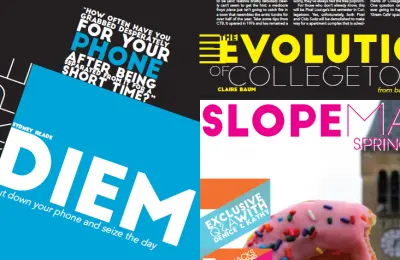Author: Jeremy Candelas
Cornell is no stranger to the nation’s sexual assault epidemic. Approximately 1 in 5 college women, and 1 in 16 college men will be targets of attempted or completed sexual assault. As students, we are able to play an important role in ending sexual assault on campus. Below we have included just a few of the ways that you can help make a difference.
Participate in the ‘Summit On Sexual Assault’ On Monday, February 22nd.

cornellc.wordpress.com
The Greek Tri Council has organized a campus-wide discussion for Greeks and non-greeks alike. The event will consist of breakout sessions followed by a large, roundtable discussion where members of the Cornell community will be able to voice their thoughts and concerns regarding this extremely important issue. The summit will take place at 4:30 PM, in the Willard Straight Hall Memorial Room. Make a difference by letting your voice be heard.
It’s On Us: Recognize That We All Play A Role
While groups such as Cayuga’s Watchers and Consent Ed do exist to help combat the sexual assault epidemic, they can’t stop every potential sexual assault on their own. If you see something that doesn’t seem right, don’t be afraid to say something. Join initiatives such as the It’s On Us campaign, and do your part to press for change on campus. Speak out on sexual assault, be an active bystander, and make it a point to educate yourself on the current crisis.
Ensure That YOU Know What Constitutes Consent.

lmt-lss.com
The responsibility to prevent and end sexual assault should not have to rely solely upon the victims (and potential victims) of sexual assault. Each of us has a part to play, and that involves accountability and respect for others. Always ensure consent, and be part of the solution – not the problem.
Familiarize Yourself With Campus Resources

cornell.edu
Whether it’s for yourself or for a friend, in the unfortunate cases in which sexual assault occurs, know of the resources Cornell offers. Services such as CAPS and Let’s Talk offer confidential counseling to students; Blue Light Services offers not only phone booths, but also escorts, and bus routes; and these are just a few of the resources Cornell offers. Further resources can be found at Cornell’s SHARE (Sexual Harassment and Assault – Response and Education) website.
This post is sponsored by the Tri Council, who hopes that the summit will promote a productive and meaningful dialogue regarding sexual violence at Cornell. While no single discussion or action can eradicate this problem altogether, we hope to join forces with a diverse group of Cornellians – Greek, non-Greek and faculty – taking a collective step towards a more tangible solution and a more inclusive dialogue.







